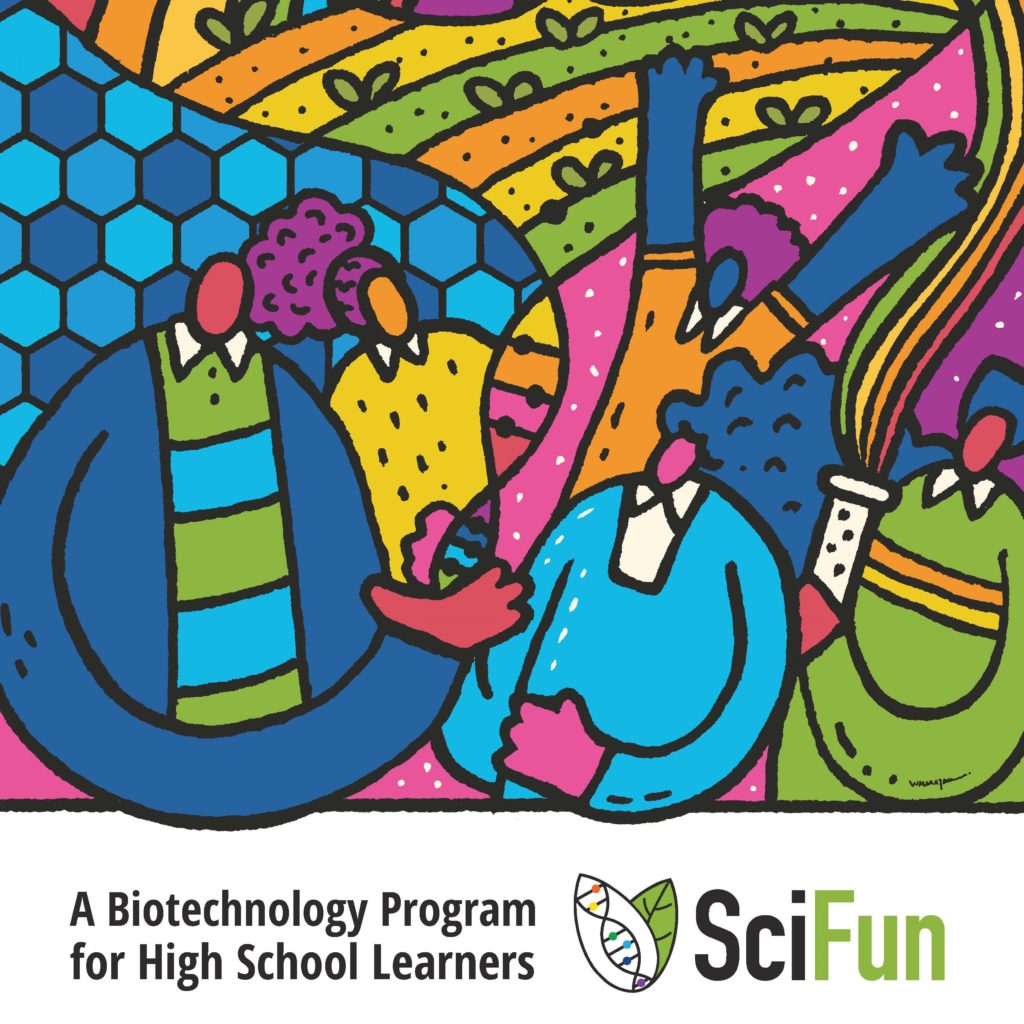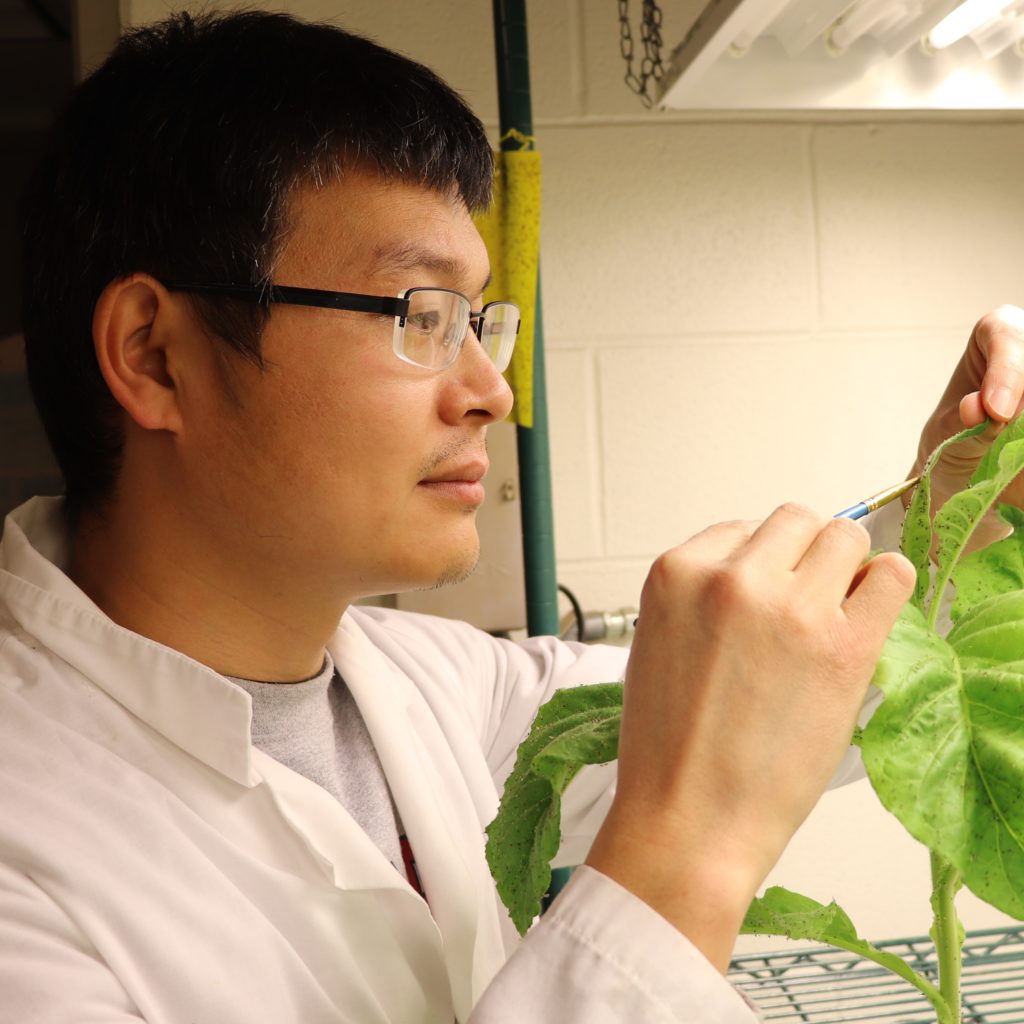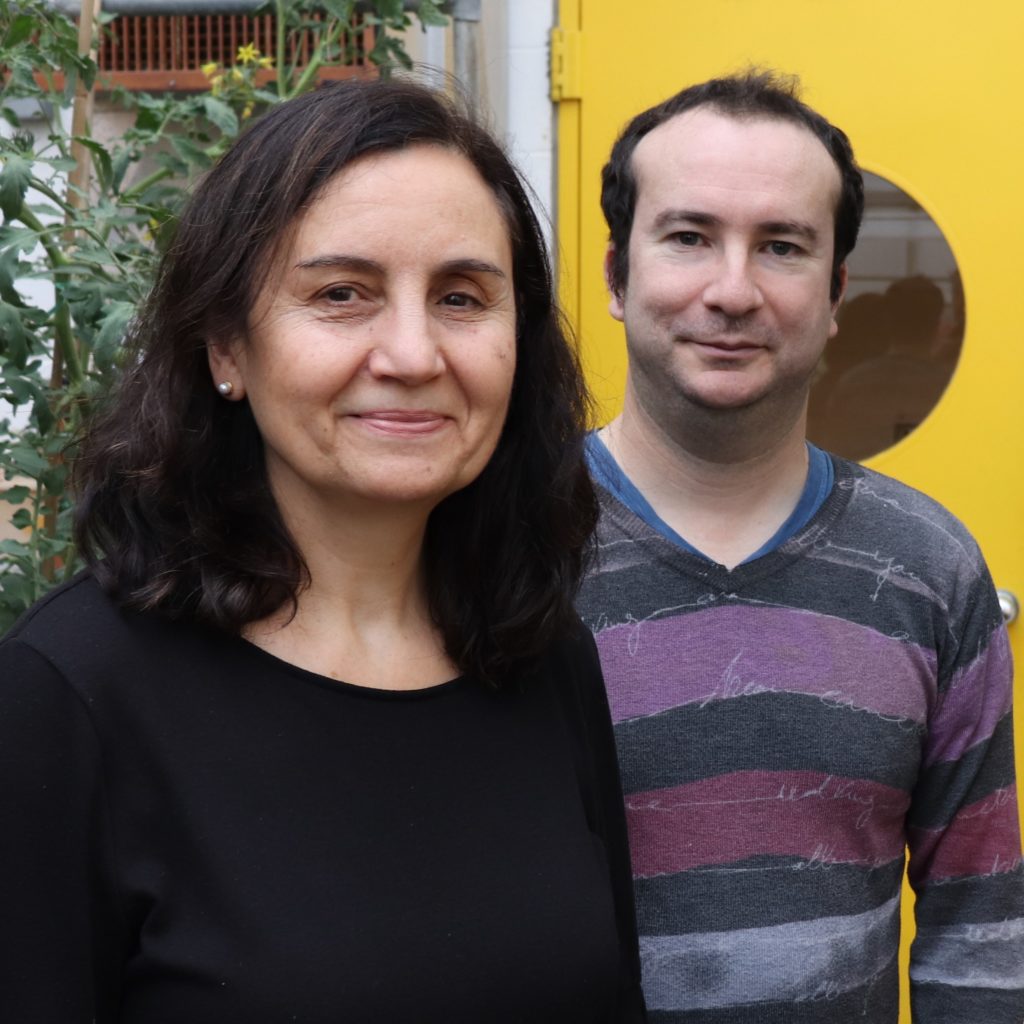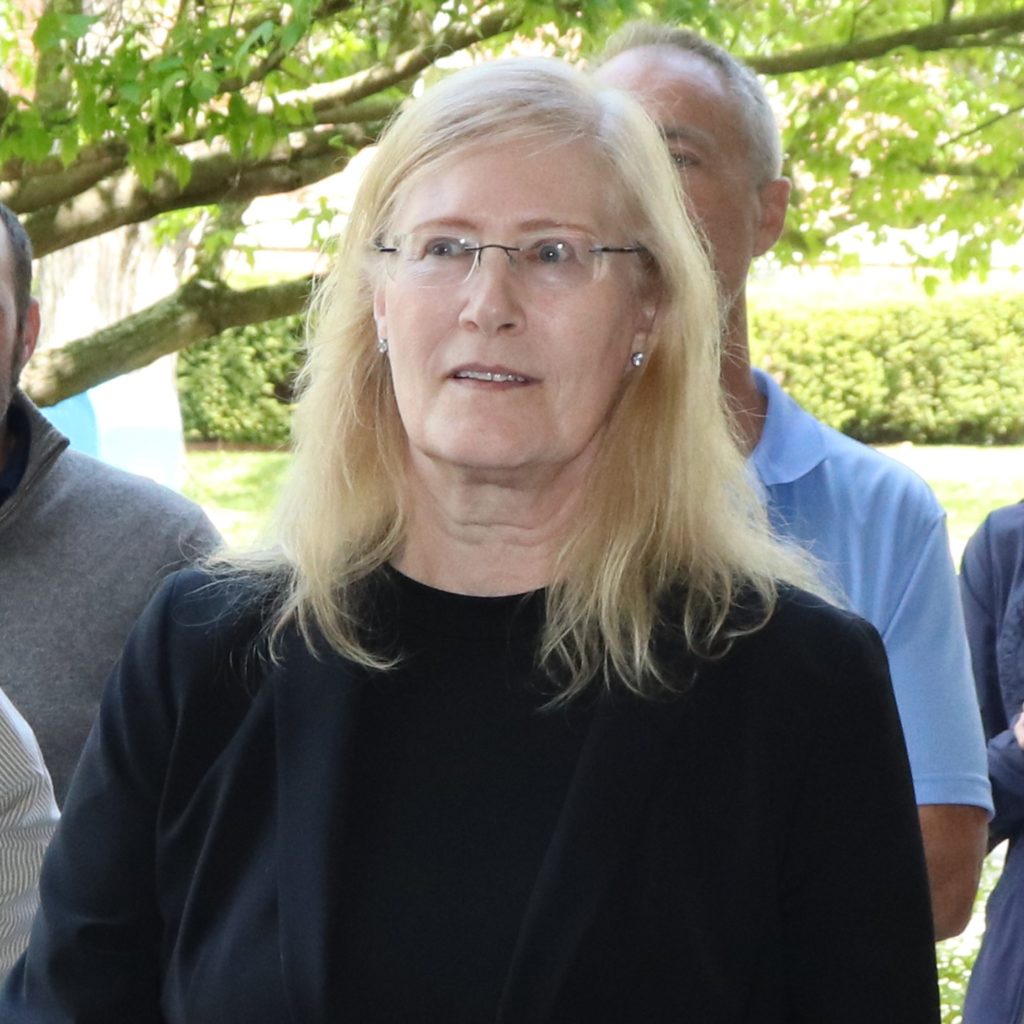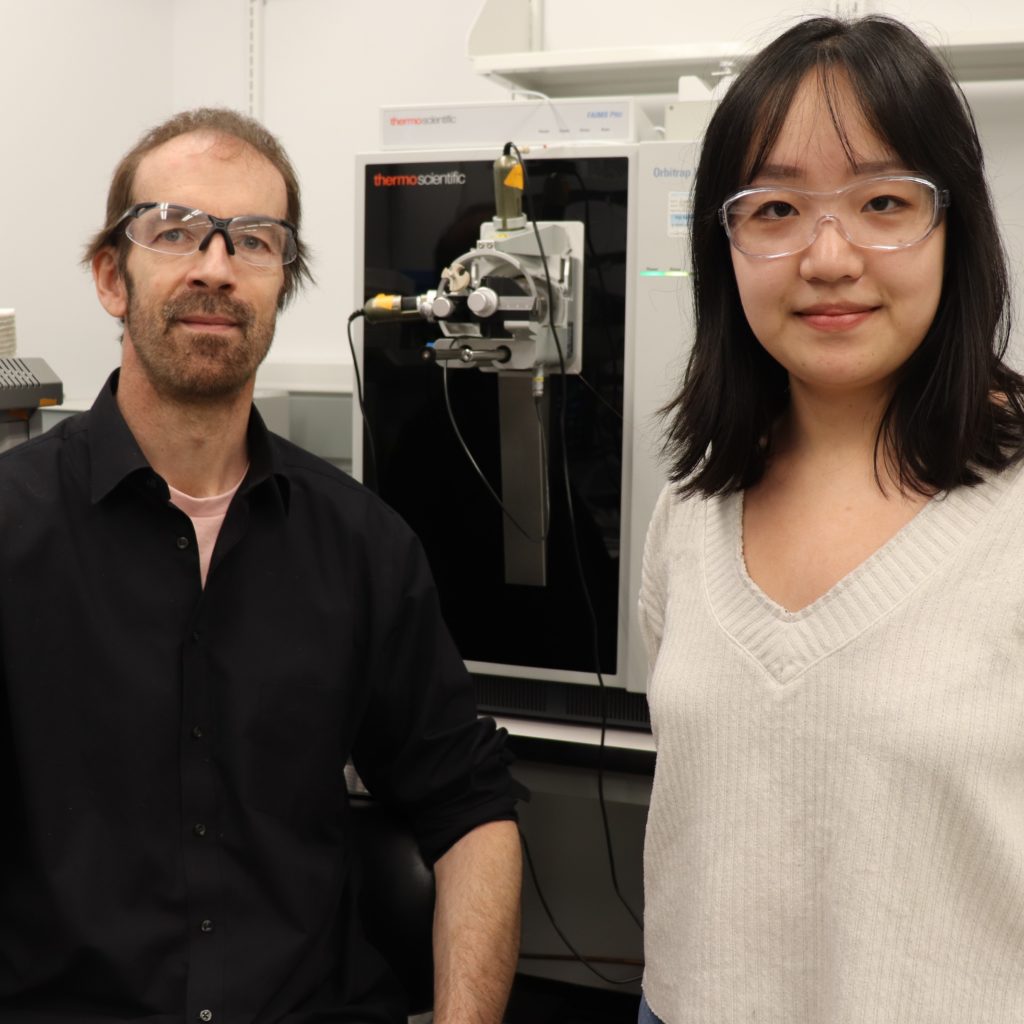From Waste to Wonder: Unlocking Nature’s Biochemical Recycling Secrets
A new perspective published in the journal Nature Chemical Biology uncovers a previously unknown biochemical recycling process in animals. The authors review a flurry of recent papers demonstrating that animals extensively recycle biochemical waste to produce novel...
Alliance for Science and Boyce Thompson Institute launch SciFun Book: A biotechnology program for high school learners
NAIROBI, KENYA, February 22, 2023 - Alliance for Science (the Alliance) and Boyce Thompson Institute (BTI) are excited to launch the SciFun Book, a biotechnology program for high school learners, at the Safari Park Hotel in Nairobi on February 23, 09:00 AM EAT. The...
BTI promotes faculty member Fay-Wei Li
The Boyce Thompson Institute (BTI) is delighted to announce that faculty member Fay-Wei Li has been promoted to Associate Professor on January 13. Li was evaluated on his achievements to date and likelihood of continued success in the future. Since joining BTI in...
Controlling insect pests by targeting genes acquired from other species
Killing crop-damaging insects by targeting genes essential to their survival is a promising approach to pest control. Because essential genes are often conserved across multiple insect species, the challenge is finding targets whose silencing kills the pests but...
Reflections on Sorina Popescu (1969 – 2022)
17We at BTI were saddened to hear that former faculty member Sorina Popescu passed away at the end of last year after a long battle with cancer.Born in Romania, Sorina received a Master's degree in biology from the University of Bucharest, a Ph.D. in molecular...
Finding genes to help fruit adapt to droughts
As climate change is expected to lead to more frequent periods of drought, researchers are increasingly working to make discoveries that can help plants adapt to prolonged water stress. Researchers from Boyce Thompson Institute and Cornell University have completed...
Jane Silverthorne, a giant of plant science
Dr. Jane Silverthorne, Chair of BTI’s Scientific Advisory Board and member of its Board of Directors, died unexpectedly on August 15, 2022. Jane’s rich biography and programmatic contributions have been remembered by UC Santa Cruz, where she held her first faculty...
New insights into how serotonin regulates behavior
Rates of anxiety and depression have been increasing around the world for decades, a trend that has been sharply exacerbated by the COVID-19 pandemic. New research led by the Boyce Thompson Institute’s Frank Schroeder could ultimately lead to new therapeutics to...
Breedbase software to help speed crop improvement
To help plant breeders speed crop improvement around the world, Lukas Mueller of the Boyce Thompson Institute worked with an international team of 57 people to create Breedbase, a database software that was described in the July issue of G3. “In the current era of...
Reflections on Jay Jacobson (1934 – 2022)
We at BTI were sad to hear of the passing of Dr. Jay Jacobson, a plant physiologist who spent 35 years conducting research in the Environmental Biology group at the Institute. During the 1960s and 1970s, scientists began to recognize that the most serious and...


